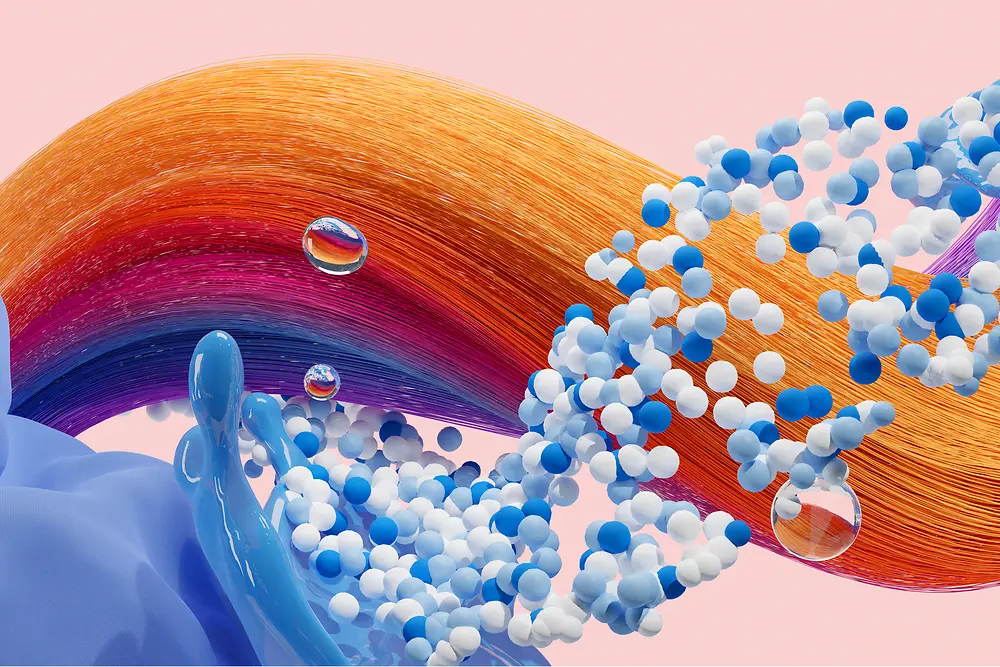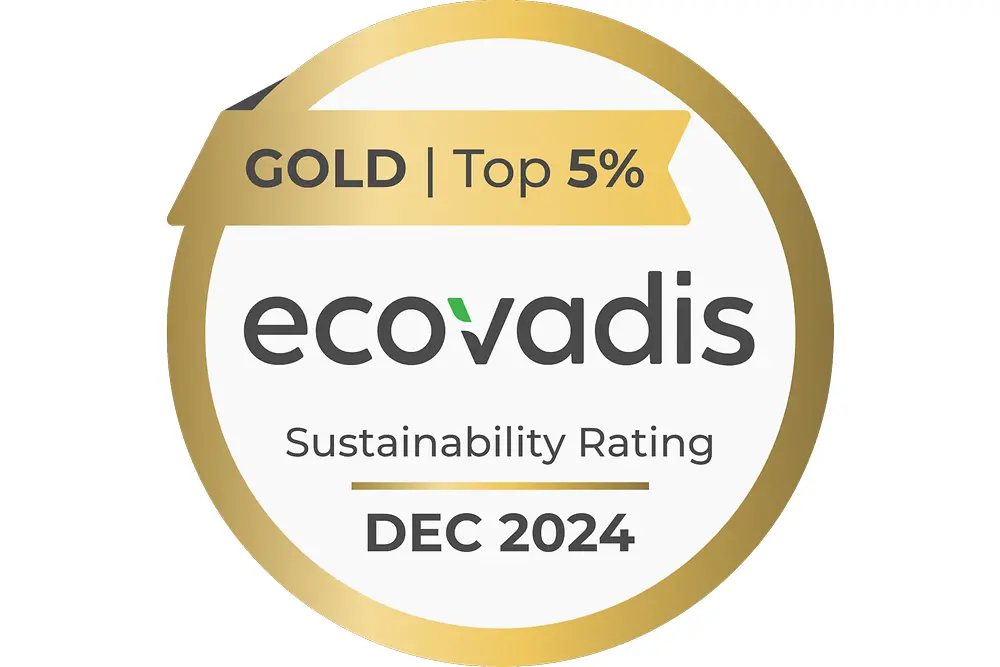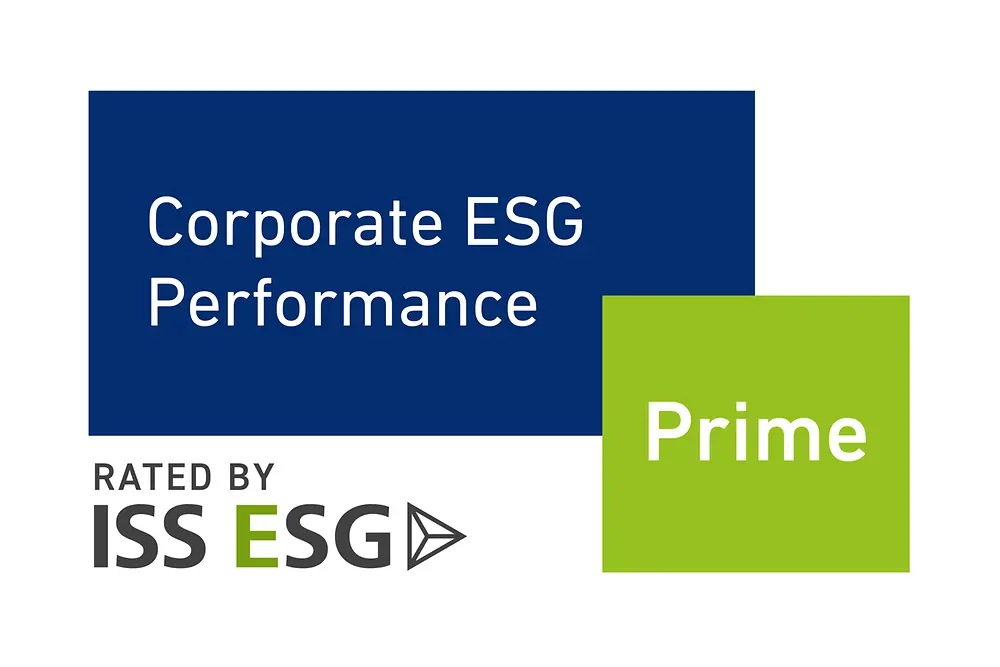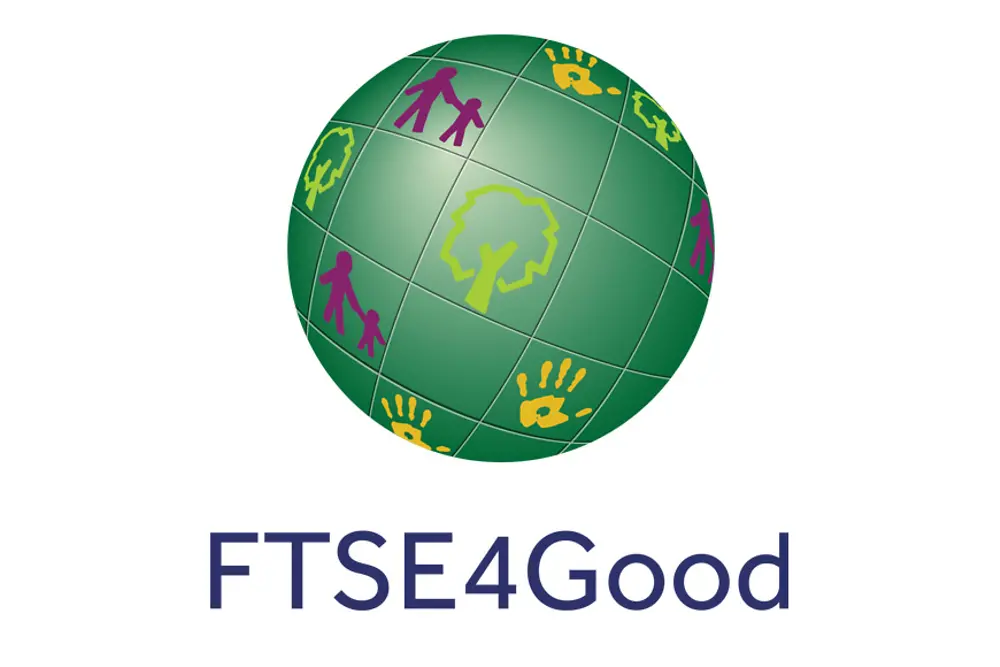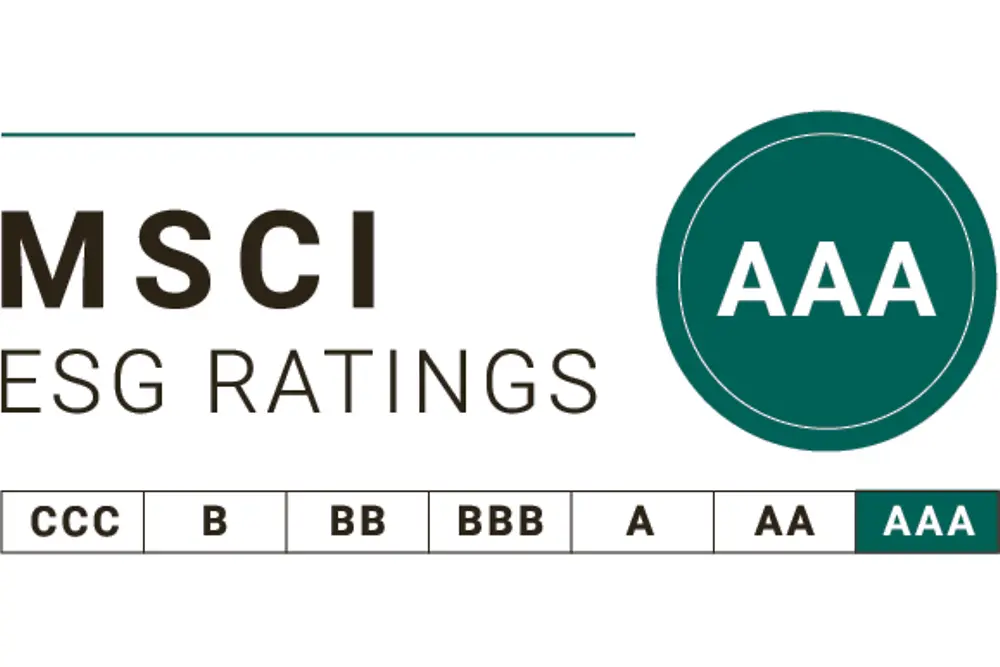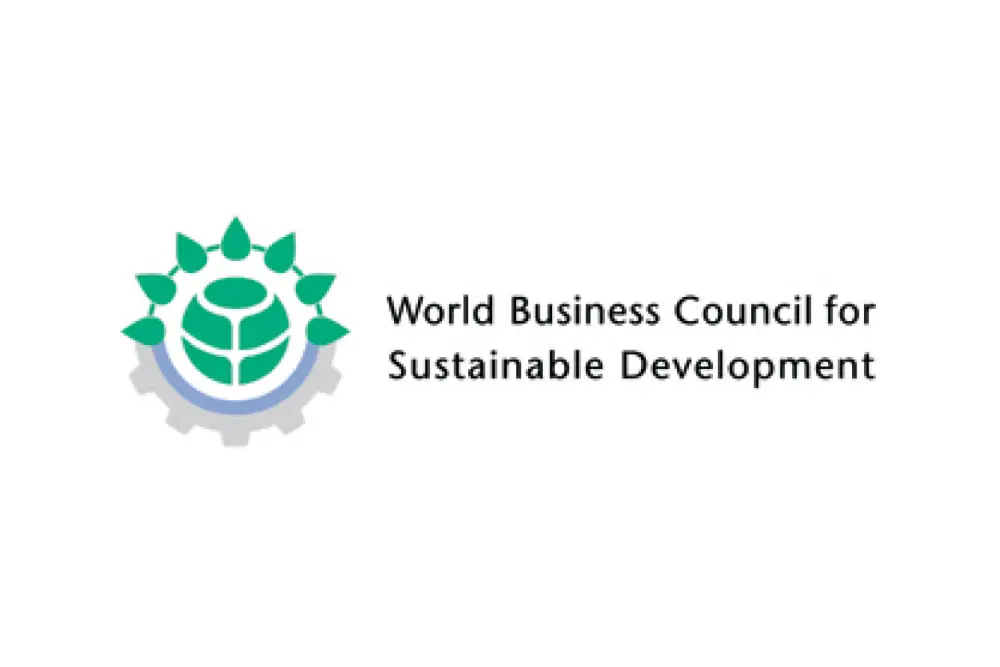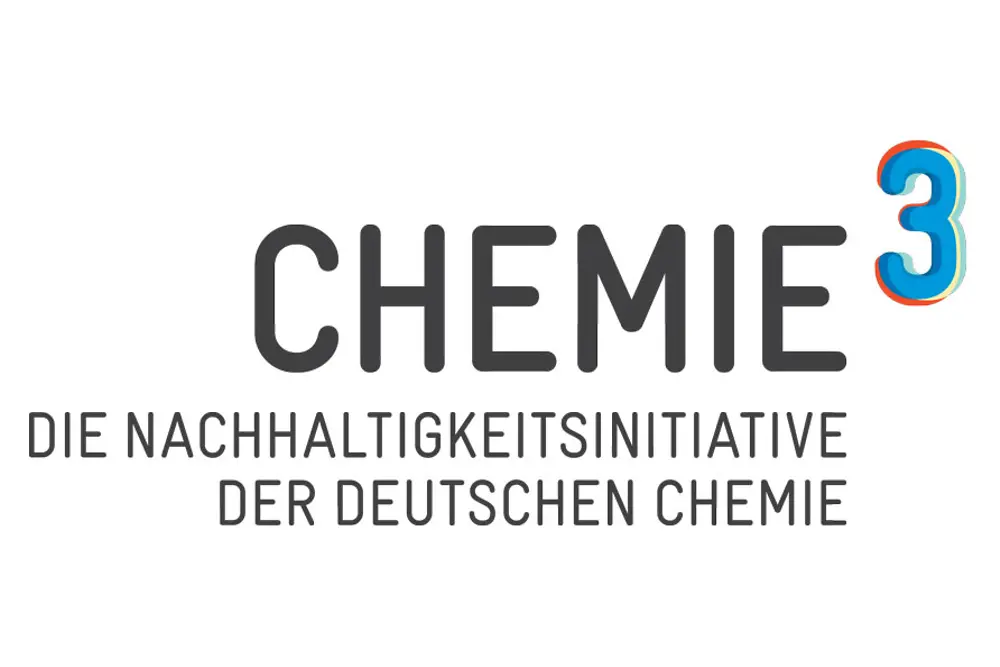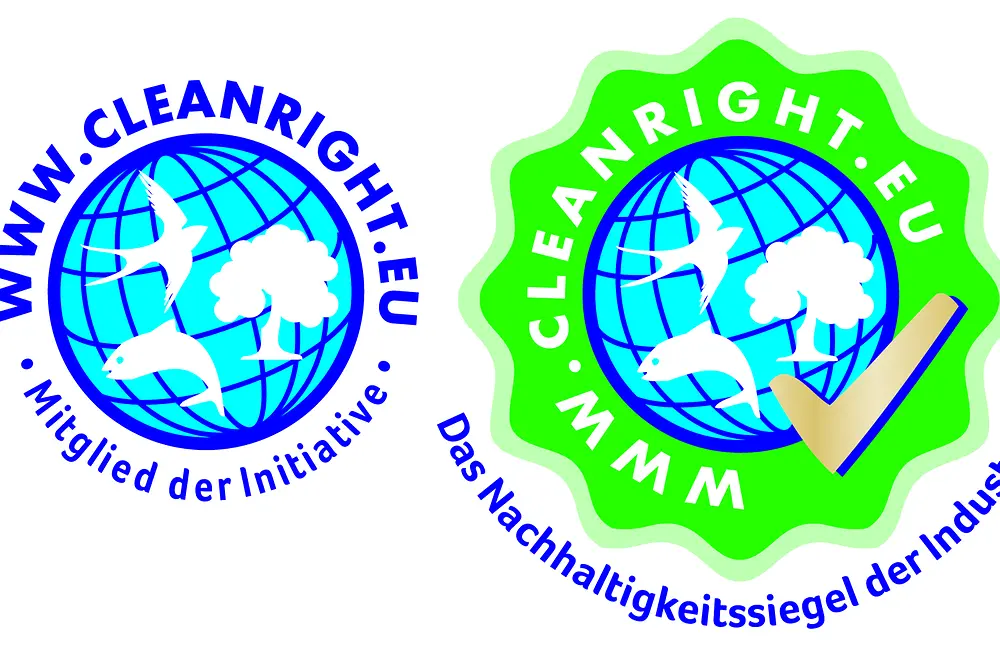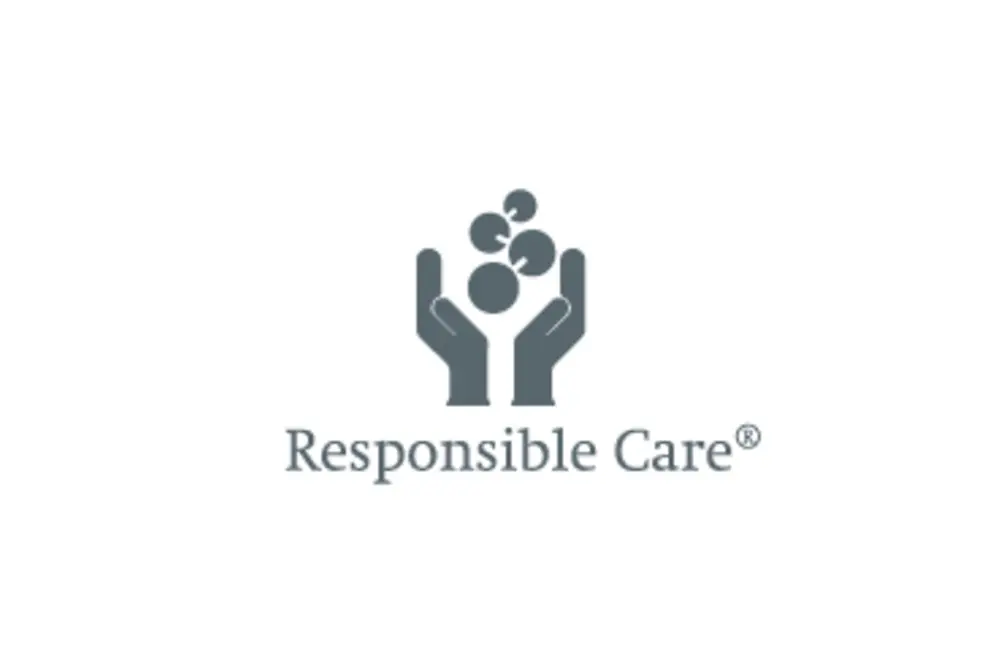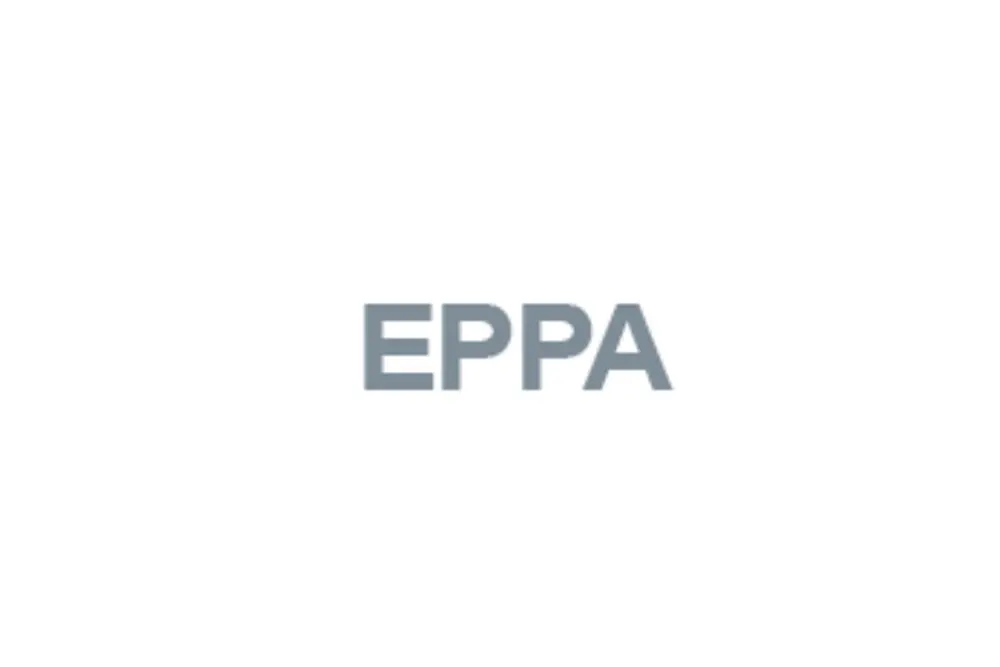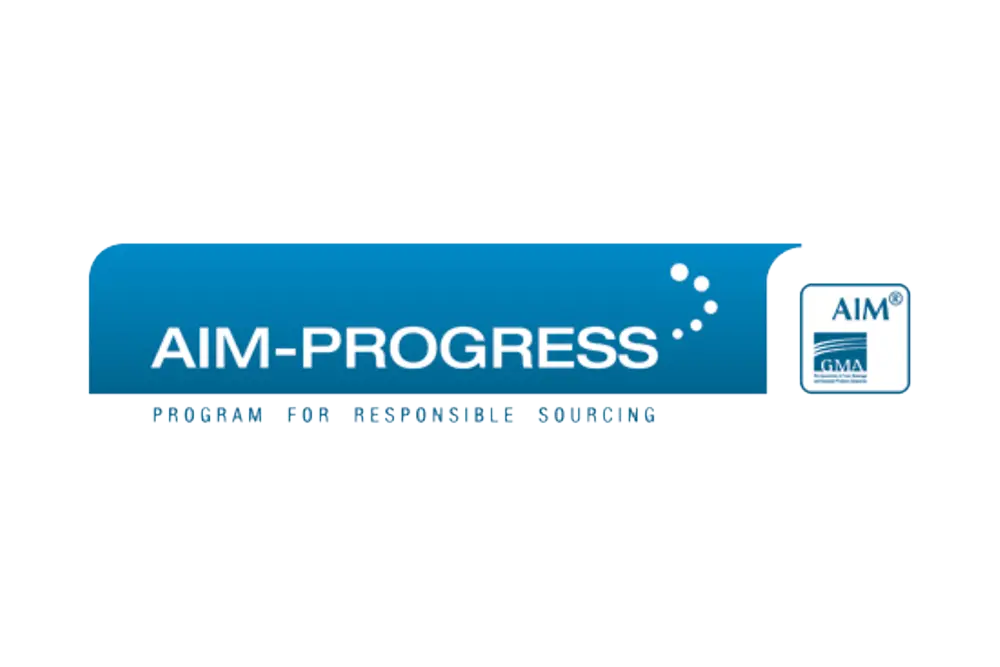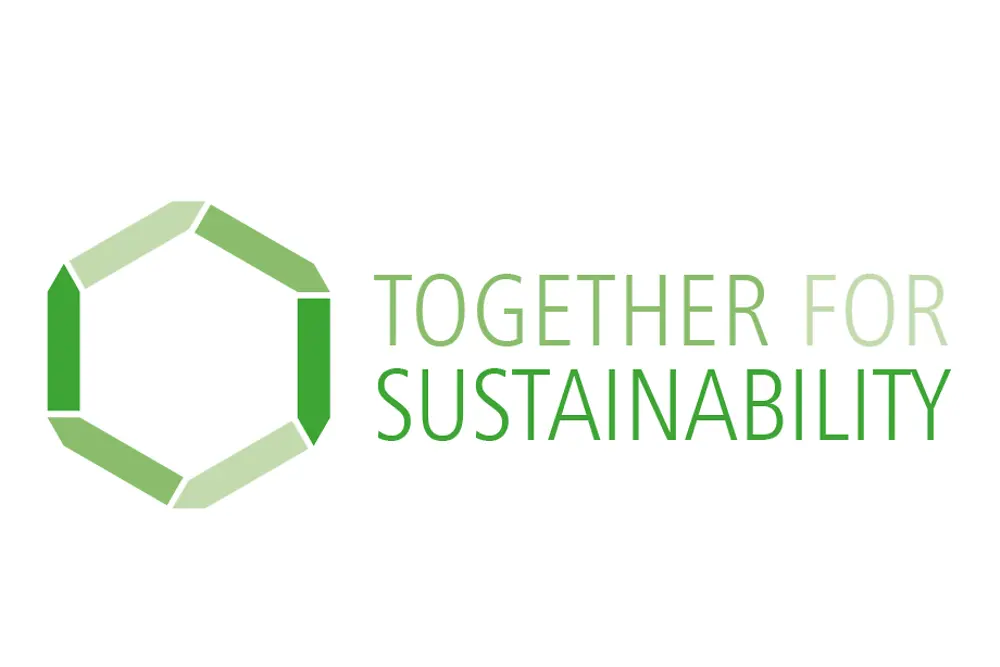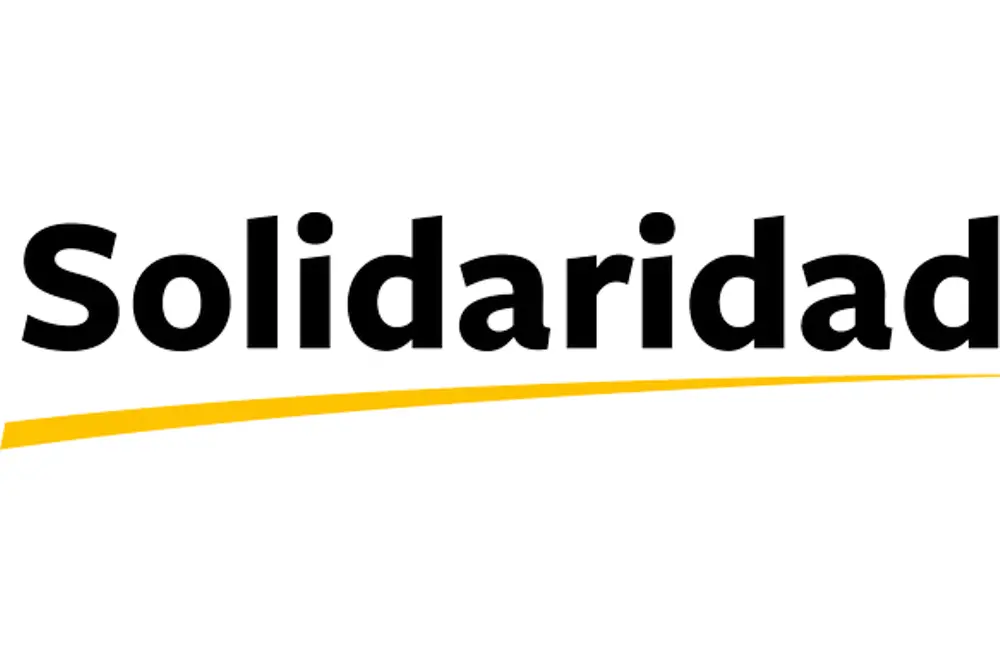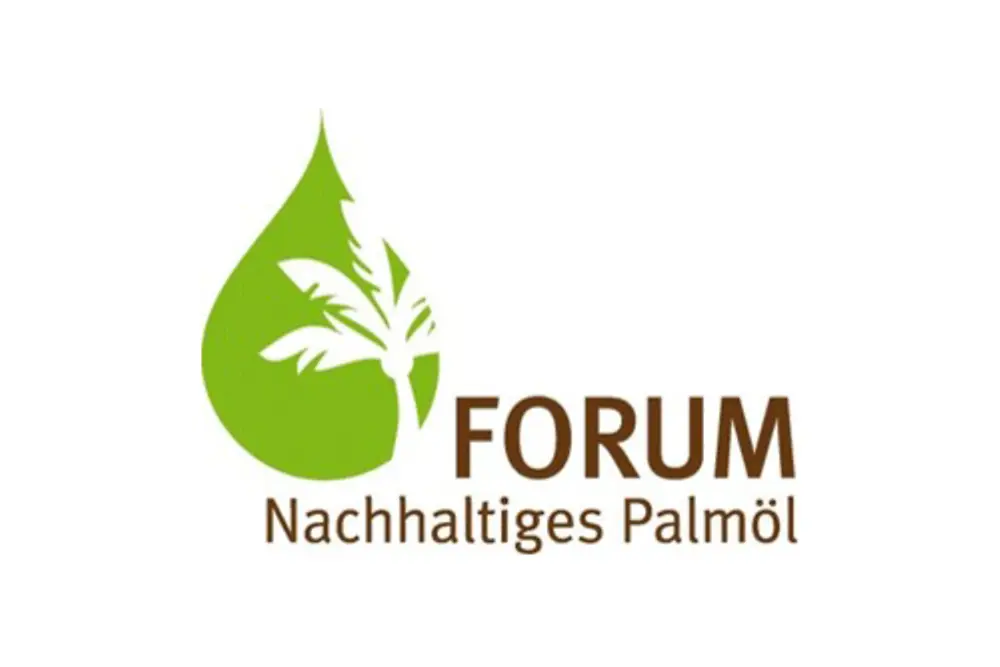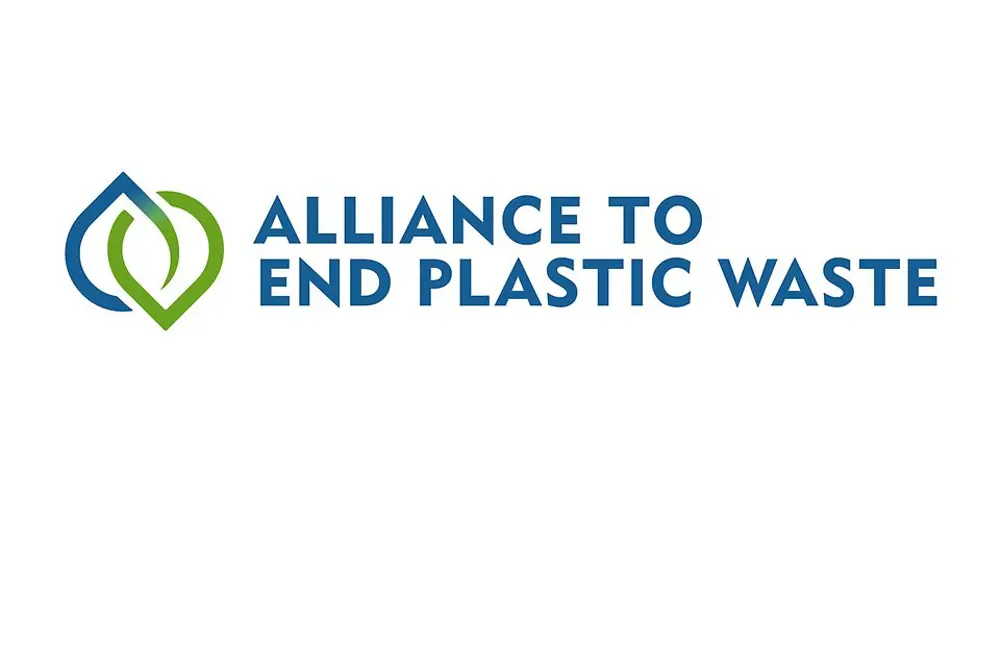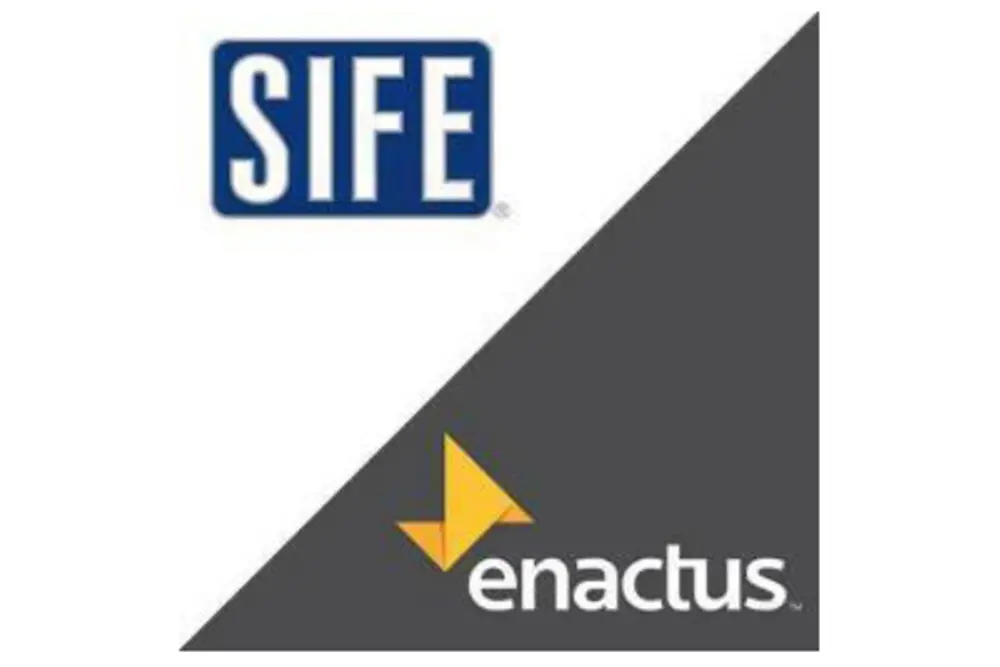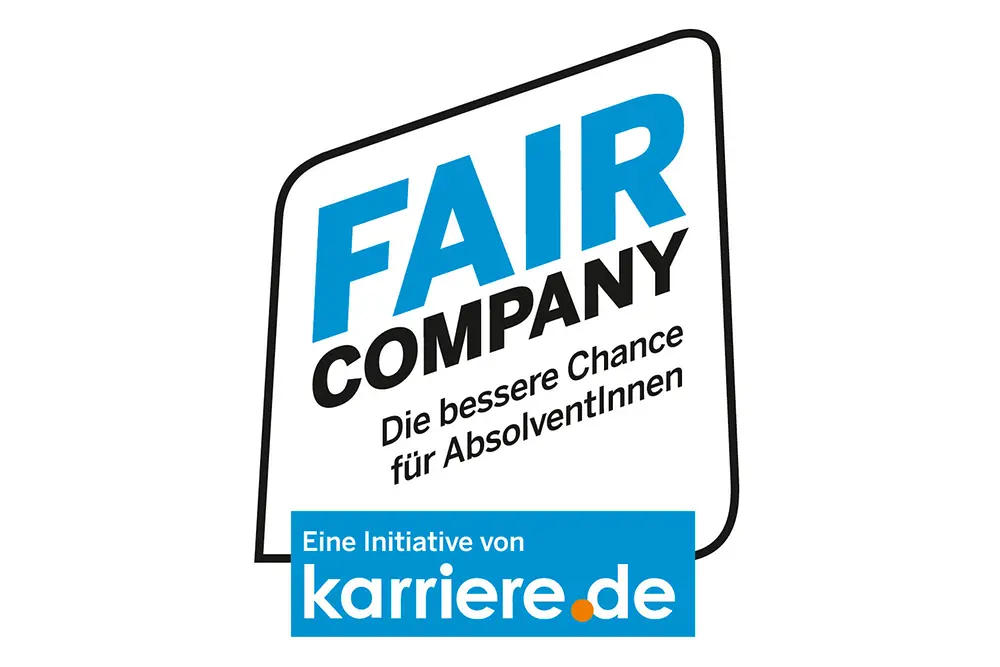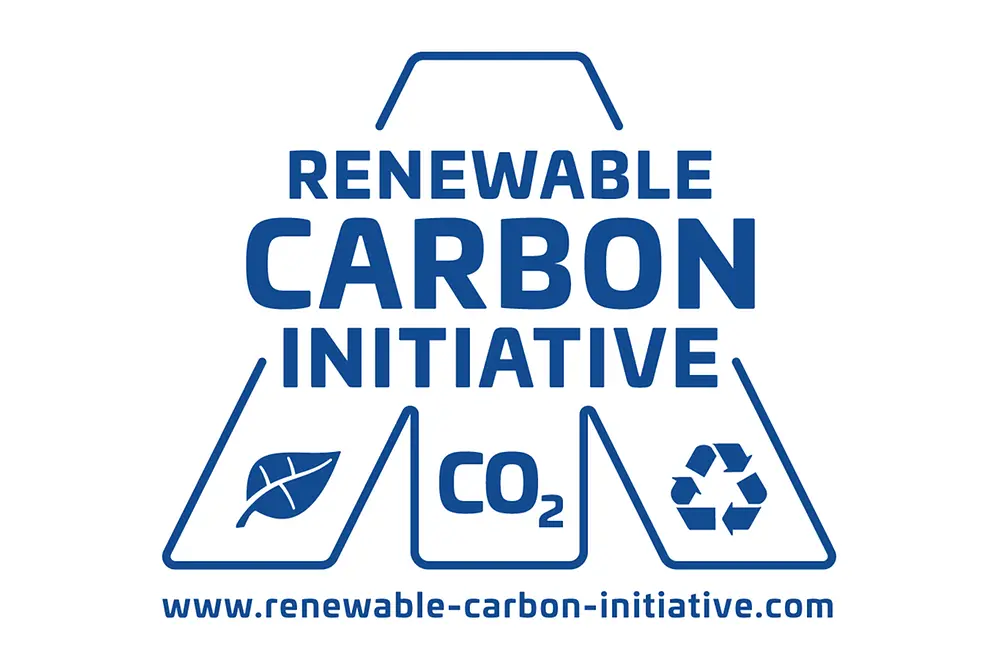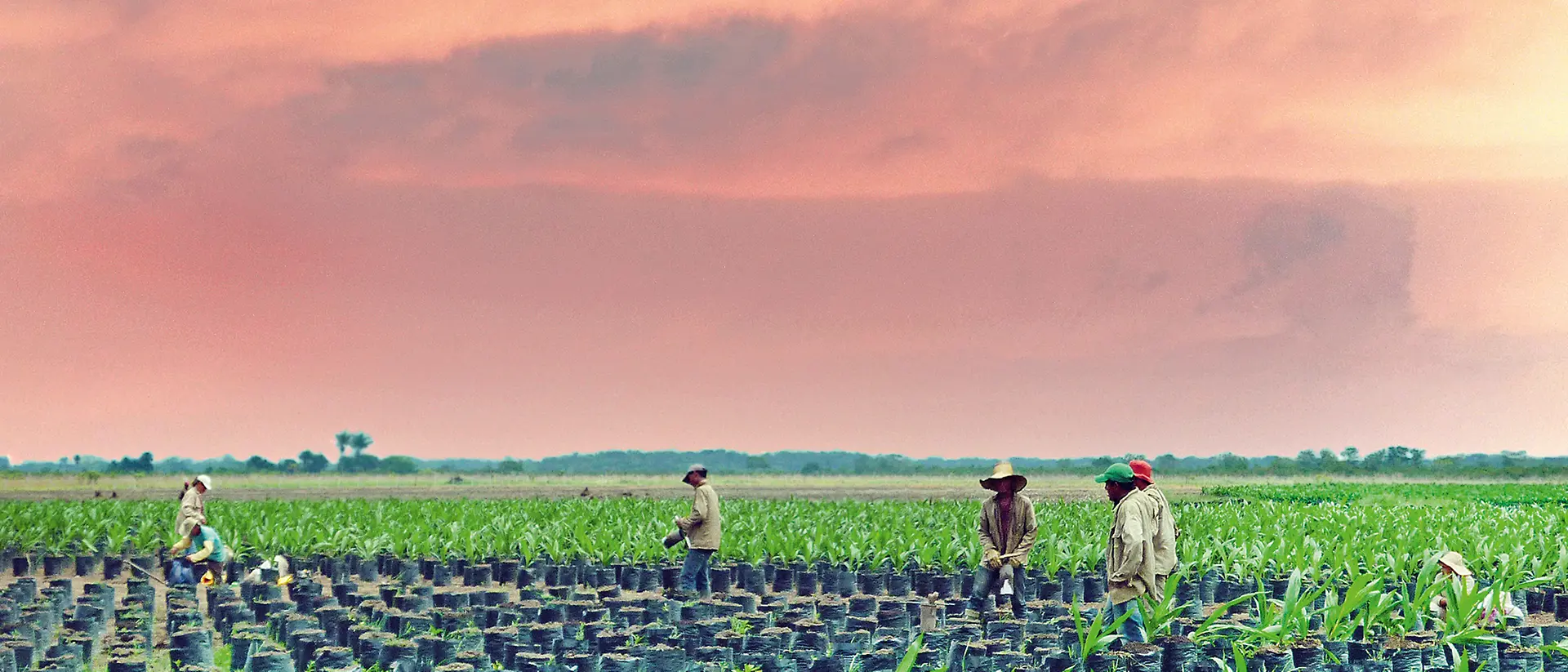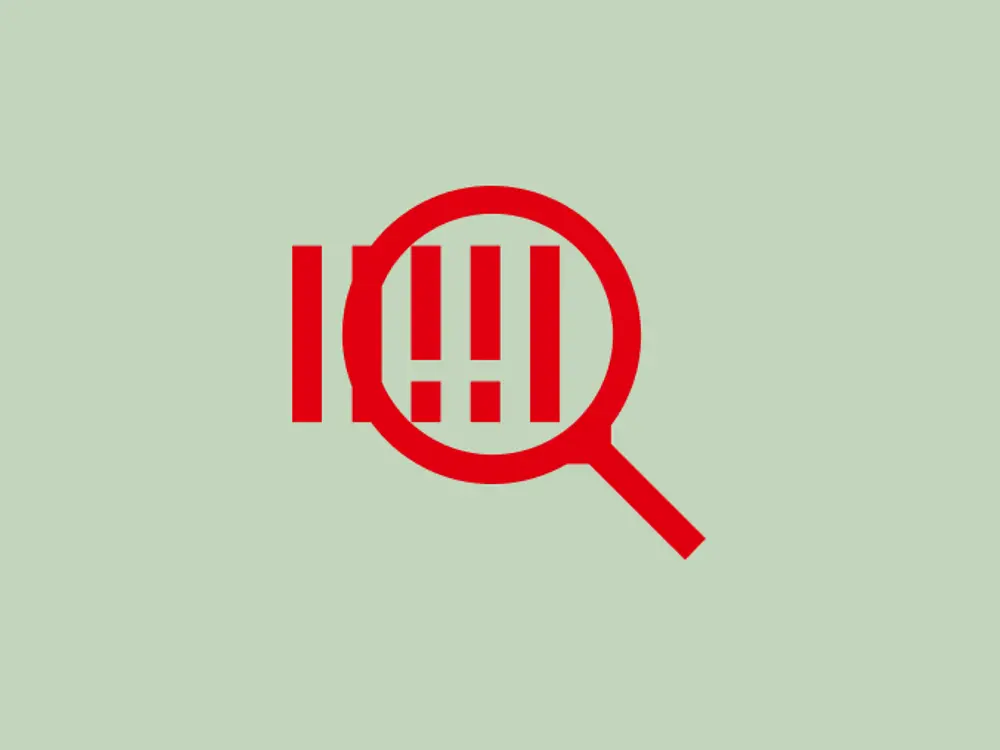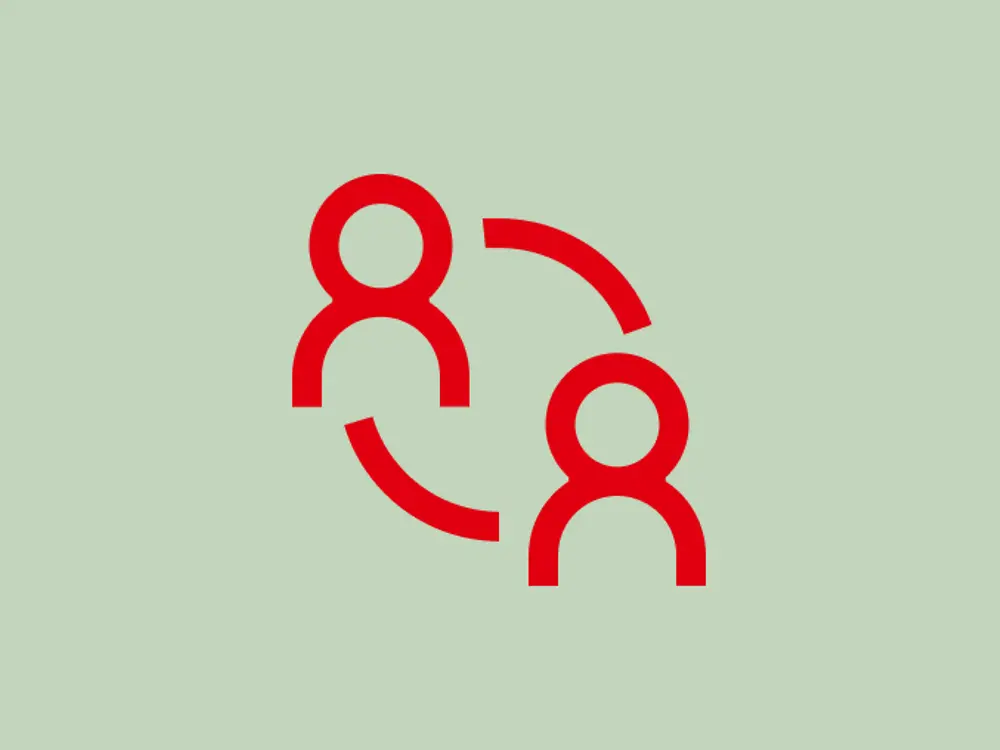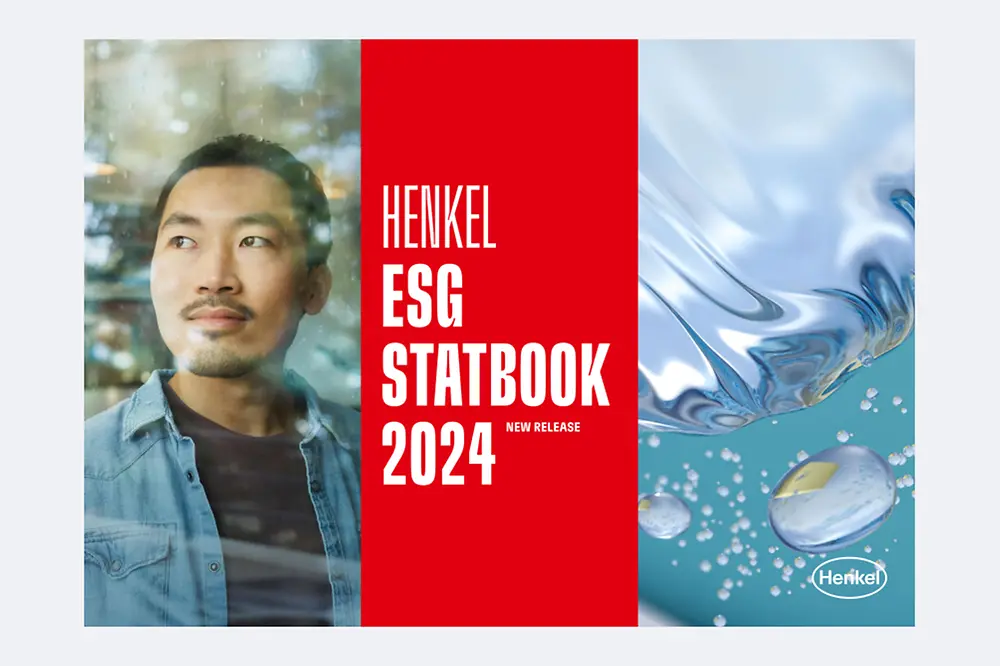Integrate sustainability into our business governance with transparent reporting, disclosure and engagement.
Transparency is essential for assessing responsible action and sustainability performance. This applies both inside and outside the company. Business partners and consumers, as well as investors and the financial market, are increasingly interested in products and solutions that are sustainability-oriented, and they attach more and more importance to understanding the impact of our activities along the value chain. International developments in sustainable finance and legislation are further strengthening the drive for greater transparency.
At the same time, it is crucial for us to be able to assess and manage our own sustainability and to measure the progress that we make toward our targets across the entire company and our value chain. To this end, we are driving digital solutions and drawing on cross-business unit and cross-functional collaboration and external partnerships worldwide. This strengthens our information base and builds necessary confidence in our sustainability performance. Our aspiration is to further integrate sustainability into our business governance, processes and policies while promoting transparent reporting, compliance with disclosure requirements and engagement.
The assessment and recognition of our performance by independent sustainability experts also creates transparency.
Supply chain transparency
As part of our supplier management approach, we are also working to improve the transparency and traceability of our upstream supply chains. We see these as the key to ensuring sustainable agricultural practices and fair working conditions, as in the palm (kernel) oil industry, for example. This is why Henkel is a member of the cross-industry initiative Action for Sustainable Derivatives, founded in 2019, in which companies are working toward the shared goal of generating more transparency in the palm (kernel) oil value chain. In 2024, we were able to increase the traceability rate to the mill to 94 percent and the traceability rate to the plantation to 65 percent by engaging with our suppliers to map our joint palm-based supply chain. We did this with the support of an external sustainability consultancy. We are joining forces with pioneering partners to explore digital technologies with the potential to increase traceability and transparency in the palm oil industry. This is how we continue to build on our commitment to sustainable sourcing.
Sustainability assessment by the business units
Our aim is to measure the sustainable transformation of our product portfolio. This assessment process involves identifying and mapping the products in the portfolio that make a substantial contribution to sustainability. The assessment criteria cover the entire value chain and take into account the impact across all areas.
At our Henkel Adhesive Technologies business unit, we analyze the sustainability contribution of our portfolio based on an internal portfolio assessment process. By integrating this assessment into our strategic management and product development, we are able to sustainably align our portfolio based on the latest scientific findings. The assessment criteria focus on the key topics of climate, circularity, safety and natural resources along the value chain. Based on these criteria, the products evaluated are classified into four categories. Products in the Challenged and Straight Performer categories do not directly contribute to sustainability. Products in the Contributor category have a positive contribution. And products in the Pioneer category have an exceptionally positive contribution. Our Henkel Consumer Brands business unit is also working on a sustainability assessment for its consumer goods portfolio, complete with a classification system.
External sustainability assessments
Assessment and recognition from independent sustainability experts increases transparency and provides important feedback about how effectively we are implementing our sustainability strategy.








